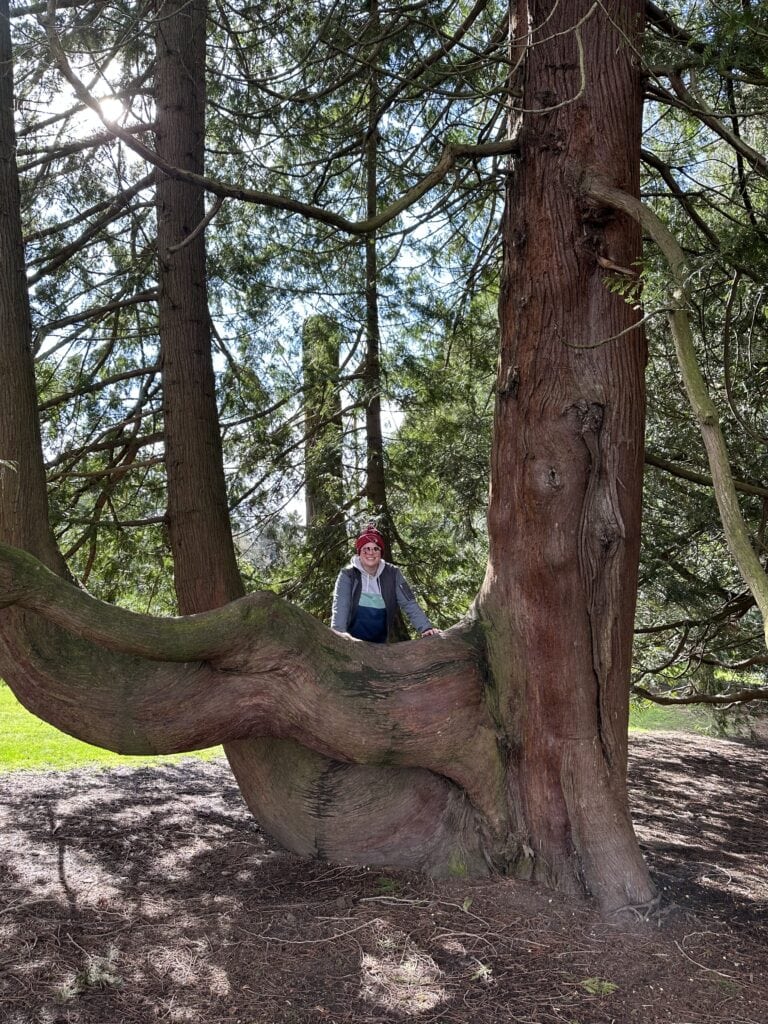Books read this month
Company K by William March
I pulled this off my bookshelf at random while looking for the next book to read, and after skimming a few pages, I was sucked in. It’s considered one of the best war books of all time for a reason. Each chapter (and they’re short chapters) is a different soldier’s account of the war. It’s fiction, but I got more insight from this book than from many of the nonfiction books I’ve read this year. It’s seriously so, so good.
Epictetus: The Complete Works by Robin Waterfield
I’d been meaning to read this book for a while, and I’m so happy I finally dove in. This newer translation of Enchiridion and Discourses—two works I’ve been obsessed with since first reading them nine years ago—feels like a fresh conversation with an old friend. Epictetus himself never wrote anything down; everything we have comes from the careful notes of one devoted student.
One of my biggest takeaways: A person might be physically stronger than you. Five people could tackle and restrain you. A person may be smarter, healthier, more beautiful than you. But none of that makes them superior to you. The only thing that can make a person superior is their use of superior reasoning. If you wish to truly improve yourself, Epictetus insisted, improve your reasoning.
Also, he will make you laugh:
“‘So am I the only one who’s going to be decapitated today?’ What are you saying? Would you want everyone to have their heads cut off? Would that make you feel better?”
“Don’t complain. Don’t say, ‘Everyone hates me!’ Who wouldn’t hate someone who carries on like that?”
Oh, Epictetus. Always a pleasure.
Courage Under Fire by James Bond Stockdale
I bought this book (it’s more like a pamphlet—only about 21 pages) on vacation last year at The Painted Porch Bookshop. I’m not sure why I pulled it off the shelf this month, but it turned out to pair perfectly with Epictetus: The Complete Works, as Stockdale used Epictetus’s teachings to get through seven and a half years as a POW in Vietnam.
Socrates by Paul Johnson
Before Socrates, philosophy belonged to society’s elite—an abstract pursuit reserved for those with leisure and education. Socrates changed that. He brought philosophy down to earth, turning it into something practical, something any person could use in daily life. What is good and what is bad? What’s worth chasing and what’s worth avoiding? How should we define justice? At its heart: What makes a good life? Socrates laid the groundwork on which Stoicism would later be built. It’s no wonder he was Epictetus’s hero.
Discipline Is Destiny by Ryan Holiday
I reread this book—well, technically I listened to the audiobook for the first time—on a whim while driving to the Grand Canyon. It’s amazing how much I’d missed the first time through. If you haven’t read Discipline Is Destiny, you’re truly missing out. Also, the afterword is one of the best reflections on the writing process I’ve ever read.
Address Unknown by Kathrine Kressmann Taylor
Oh my gosh, this book is absolutely brilliant—and haunting. It’s the ultimate example of “words as weapons.” It’s short, too—you can probably read it in under an hour. By the end you’ll be smiling and thinking holy shit at the protagonist’s brilliance.
Reading Etty Hillesum in Context edited by Klaas A.D. Smelik, Gerrit Van Oord, Jurjen Wiersma
As I may have mentioned, I LOVE Etty Hillesum. After reading An Interrupted Life and Letters from Westerbork by Etty Hillesum, Etty Hillesum: A Life Transformed by Patrick Woodhouse, Enduring Lives: Living Portraits of Women and Faith in Action by Carol Lee Flinders (the section on Etty), and The Jungian Inspired Holocaust Writings of Etty Hillesum: To Write Is to Act by Barbara Morrill, I had to read this textbook that Morrill recommended. If you want a deeper understanding of who Etty was and the world in which she wrote her diary, this is the book to pick up.


